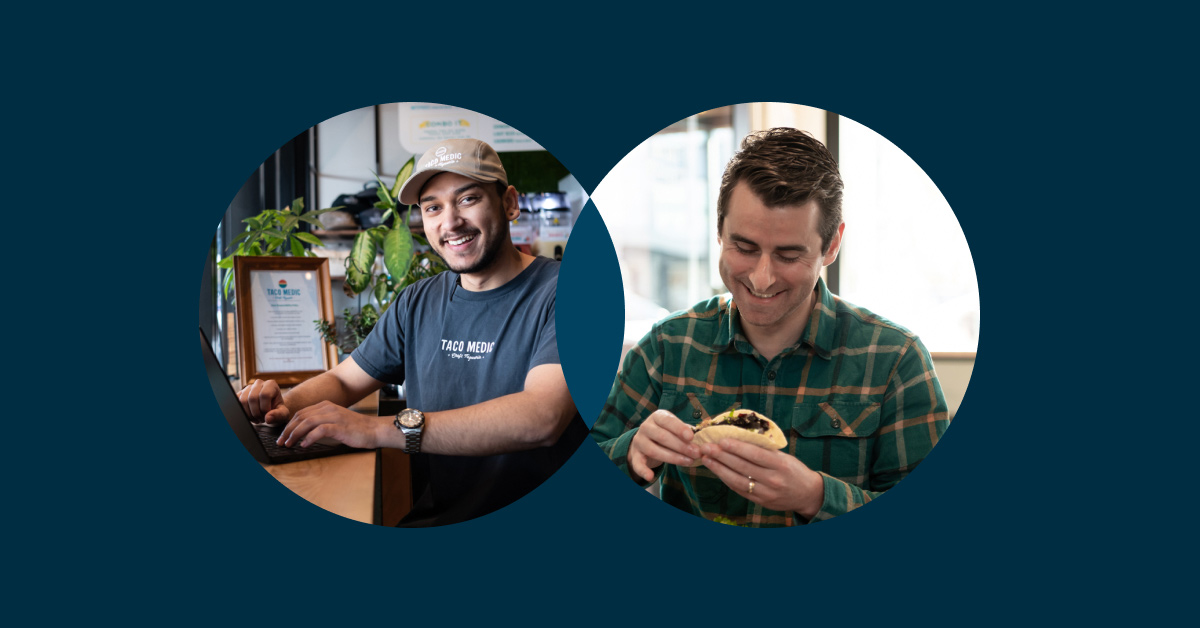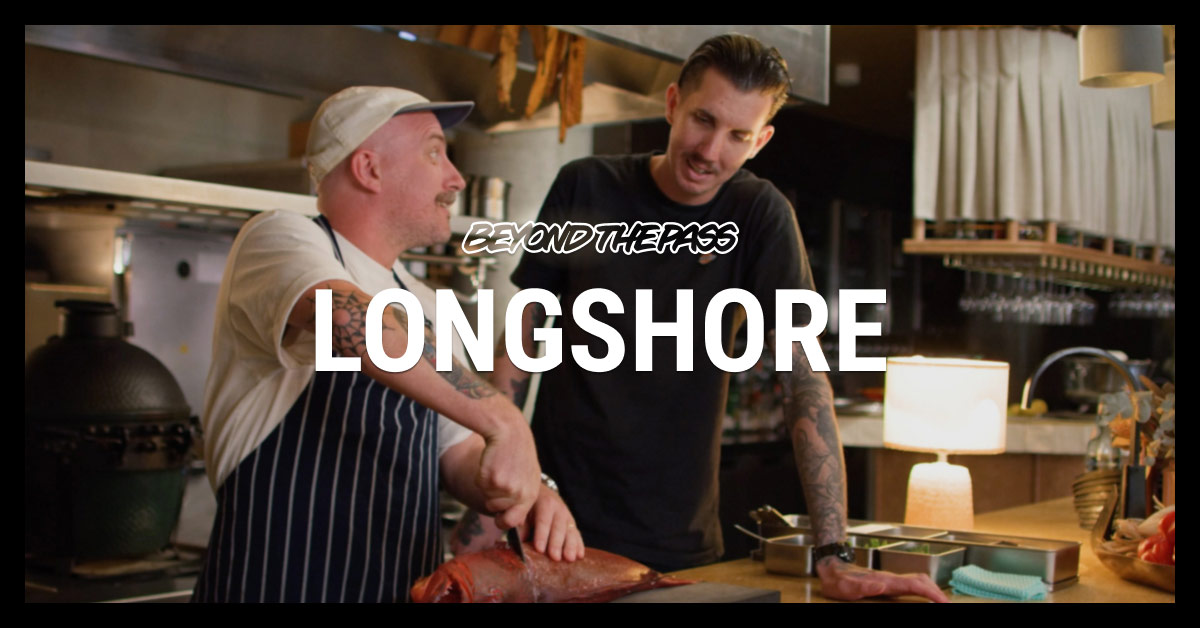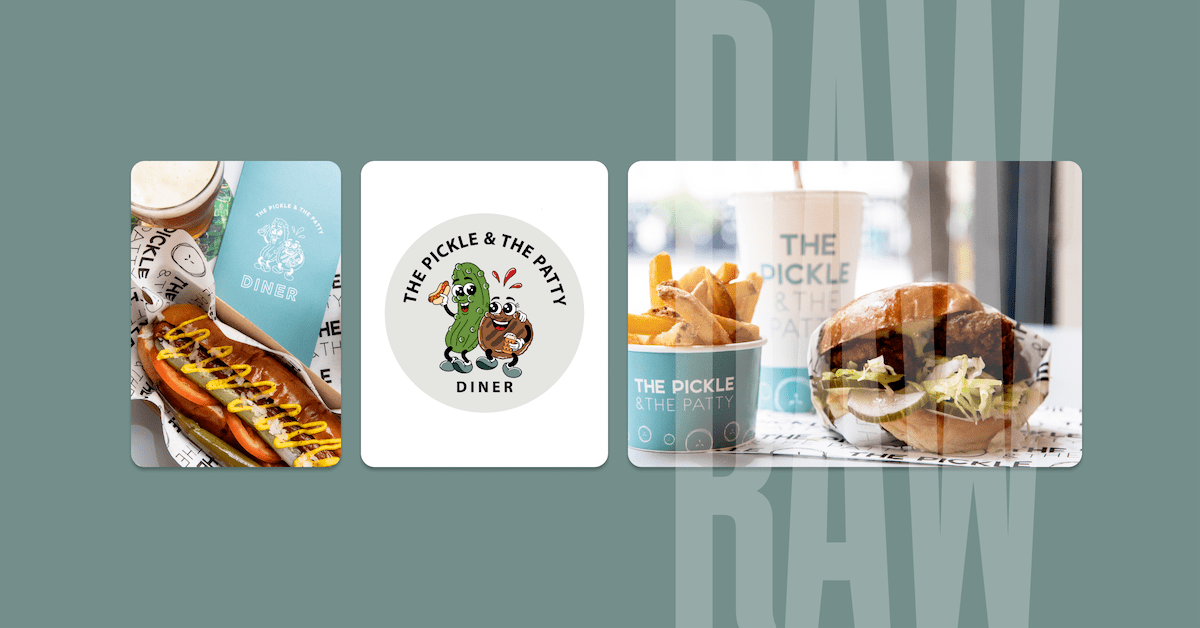
The Pickle & The Patty is more than just your average burger joint. Specialising in American-style burgers, hot dogs, fried chicken, sides and, of course, homemade pickles, The Pickle & The Patty have well and truly made their mark on Melbourne’s food scene.
Co-owners Laura Attard and Lyndal Keys are the driving force behind The Pickle & The Patty. After working in the industry for years and experiencing their fair share of toxic work environments, the duo decided to go at it alone and open their own venue.
We sat down with Laura and Lyndal in our podcast series, RAW, to discuss why we, as an industry, fare so poorly in the treatment of staff, Laura and Lyndal’s personal experiences working in kitchens and their resolute approach to abolishing and rebuilding the workplace culture in their own business.
This is the story of The Pickle & The Patty.
Deconstructing the toxic workplace
There’s no denying that hospitality can be an incredible industry to work in: the food, the people, the creativity, the venues. There’s so much that makes hospitality what it is.
But unfortunately, there’s also a darker side to the industry—one that many of us will be all too familiar with: toxic workplace culture.
Having worked their way up through the kitchen hierarchy, Laura and Lyndal are well aware of how toxic kitchens can be and have experienced their fair share of uncomfortable work environments.
I actually had a chef say to me once that I will break you so I can rebuild you how I want you.” – Laura.
As a result of these experiences, Laura and Lyndal often reflect on why hospo kitchens can quickly turn toxic.
“I was thinking… why is our workplace so toxic? Our culture of kitchens. And what I was thinking about is discipline. Discipline is extremely important in a kitchen.” – Lyndal.
“It’s one of the things that makes what we do work… if you haven’t worked in hospitality before, you don’t really understand that kind of pressure and the actual need for discipline to be present.” – Lyndal.
“I think a lot of the toxicity is because people don’t understand how to make a disciplined workforce without screaming at them, without belittling them, without breaking them down.” – Lyndal.
“There are definitely ways that you can build a strong team and build respect and build command… without swearing and yelling and breaking people down.” – Laura.
Championing change
Working in such toxic conditions can take its toll. And Laura often questioned why she was staying in the industry.
“I’ve literally had to leave chef jobs for mental health. To the point where it has literally broken me. And there are those moments where you’re like, I need to apply for another job. What do I do?” – Laura.
Despite these low moments, Laura wasn’t prepared to leave a job she loved. Instead, she was determined to change how kitchen dynamics operated and to champion a better workplace culture wherever she went.
“For me, I love to cook, and I love the industry, and I love being in the kitchen. So I don’t think I should compromise on leaving something I love because the industry is toxic at the moment or the industry has had issues.” – Laura.
“I didn’t think I should have to give up or compromise the career I wanted to be in. I think I just needed to start changing it.” – Laura.
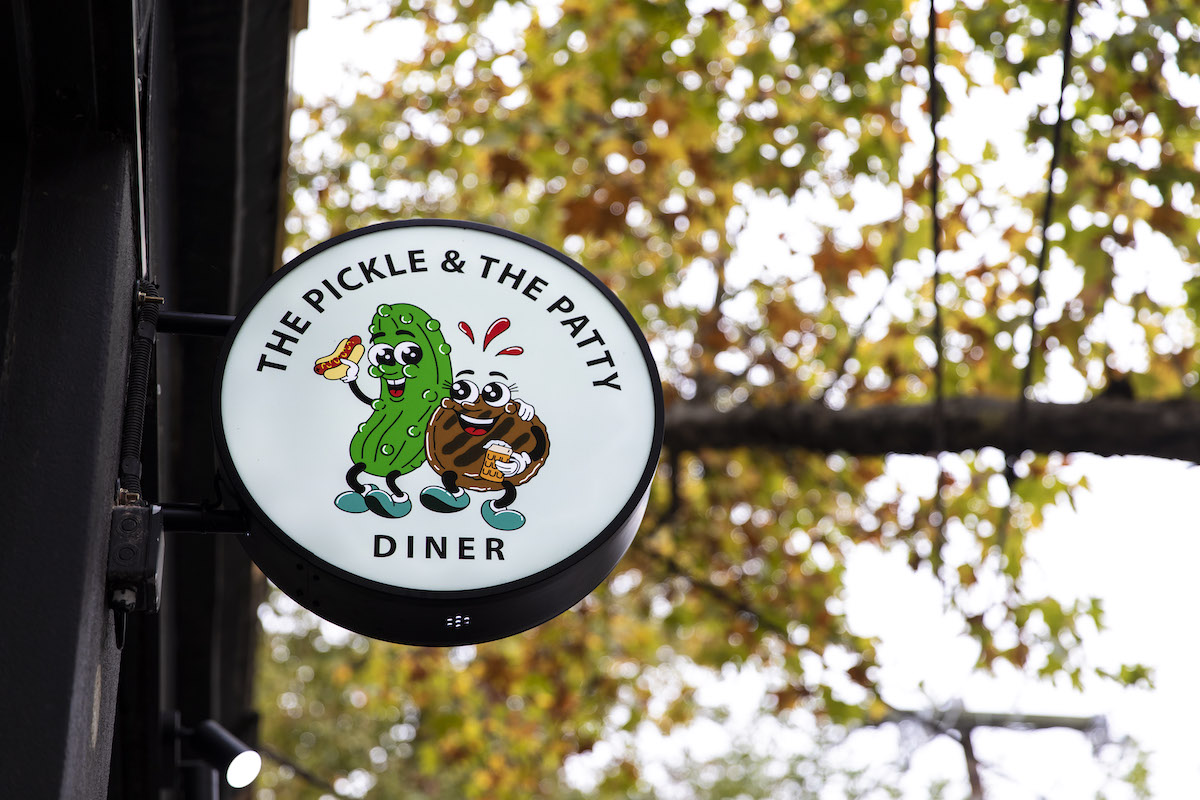
Rebuilding workplace culture
After years of dealing with toxic work environments, Laura and Lyndal decided to open a venue of their own. Not only would this allow them to create wonderful food in a place of their own, but it would also give them the freedom to build an amazing workplace culture.
“It did get to a point where we really weren’t happy with the industry. We were either clashing heads with the owners or weren’t happy with what we were seeing… And so we were like, you know what, we can just do this ourselves.”
I think we can do this better.” – Lyndal.
With a large team to manage in a stressful environment, it can be easy to revert to the old-school way of dealing with staff. However, Laura and Lyndal are determined to keep their kitchen disciplined but in a respectful, human way.
“I think that’s what we’re learning now… the fact that we can have that discipline that Lyndal was talking about – yes, we need to get food out in time… but we can still treat our staff as humans.” – Laura.
“Yes, we need to tell our staff what to do. And there is time pressure, and there is danger pressure and all that, but we can do it in a respectful way.” – Laura.
A new approach
Instead of relying on scare tactics and shouting at staff when they make a mistake, Laura and Lyndal believe these scenarios can be used to connect with staff members to teach them how this behaviour is detrimental to the team.
“If one of our staff is late… instead of just yelling at them or telling them to be early, we sit down with them. And as corny as this sounds, we explain what being late in a line does to the team.” – Laura.
“If you are coming in and we’ve already got a docket line full, and now we’re behind because we’re a man down… and everything is stressful, and we’re stressed because we needed that third person. And that third person’s not there. Can you see how important it is for you to be on time?” – Laura.
“We find that once they’ve got that connection, they realise I actually care as well for this team, I care for you guys. I care for the company I work for.” – Laura.
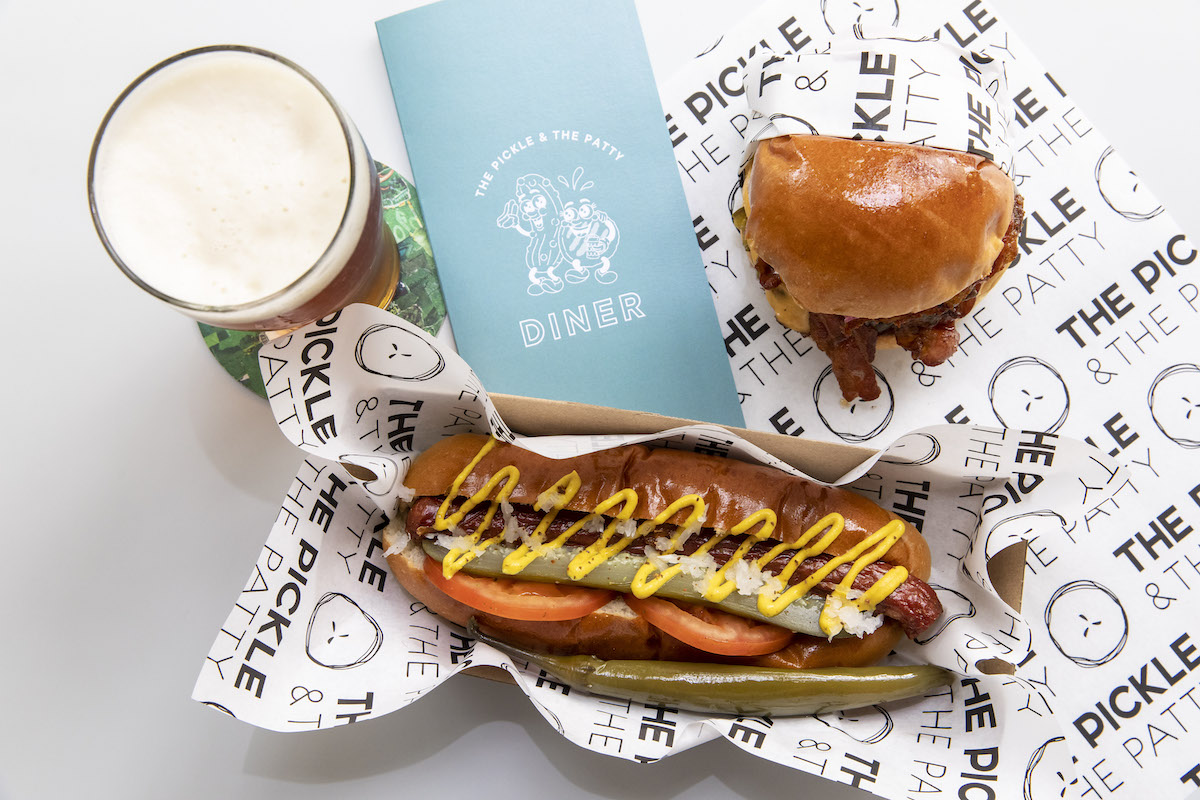
Breaking the cycle
Having worked in several toxic kitchens, Laura and Lyndal didn’t want to carry the same energy into their venue.
In many instances, the toxic workplace cycle is repeated over the years, as senior staff have the mentality, well, that’s how I was treated, so that’s how I’m going to treat others.
“I have worked with people my age, and they are carrying forward the toxic ways of the hospitality industry.” – Laura.
“They’ve had that upbringing and been trained that way, and they don’t know any different, and that’s how they think they should train the next round of staff.” – Laura.
Instead, Laura sees it as the perfect opportunity to break the cycle of toxic hospitality workplaces.
“We’ve got this amazing opportunity now where we’re a generation that can start changing and phasing out the older generation of doing things.” – Laura.
“I’ve carried physical and mental scars from this job. So I could be like, well, that’s how I was trained. So I’m going to train the next people like that.” – Laura.
But I think you have this decision that you can make, and I took the other way where I was trained like that. It was absolutely terrible. I would not put another person through that.” – Laura.
What does it take to make a positive work environment?
For Laura and Lyndal, creating a positive work environment at The Pickle & The Patty is imperative. They want their staff to enjoy working there, feel comfortable and genuinely care about the business.
While many hospitality owners will tell you it’s challenging to eliminate the toxic workplace culture as it’s just part of the job, Laura and Lyndal believe it’s much more straightforward.
“As simple as it sounds… if you just treat your staff and customers with respect, that’s all we really need.” – Laura.
“There should never be a point, and I’ve lived through this, where a staff member doesn’t even feel comfortable going to the bathroom.” – Laura.
Creating a positive workplace culture can involve many different aspects, but for Laura and Lyndal, there are a few key elements that they like to focus on; listening to their staff, making time for breaks and educating customers.
Work-life balance
While giving everyone breaks from the kitchen is tricky, it’s not impossible, and Laura believes it’s essential to prioritise giving staff the time off they deserve.
“Giving them their actual breaks [for example]. It is hard in hospitality when everyone is out for lunch or when everyone’s out for dinner; we can’t have our lunch and dinner at the same time. We’re cooking the lunch and dinner.” – Laura.
“So it’s not as simple… but yes, you can arrange your roster and schedule to cover each other’s breaks. It is possible.” – Laura.
“It’s not rocket science. Our staff have at least one of the weekends off. It might mean that the roster is a little bit tricky, or you must spend more time addressing it. But those are the little things to create a little bit of life balance.” – Laura.
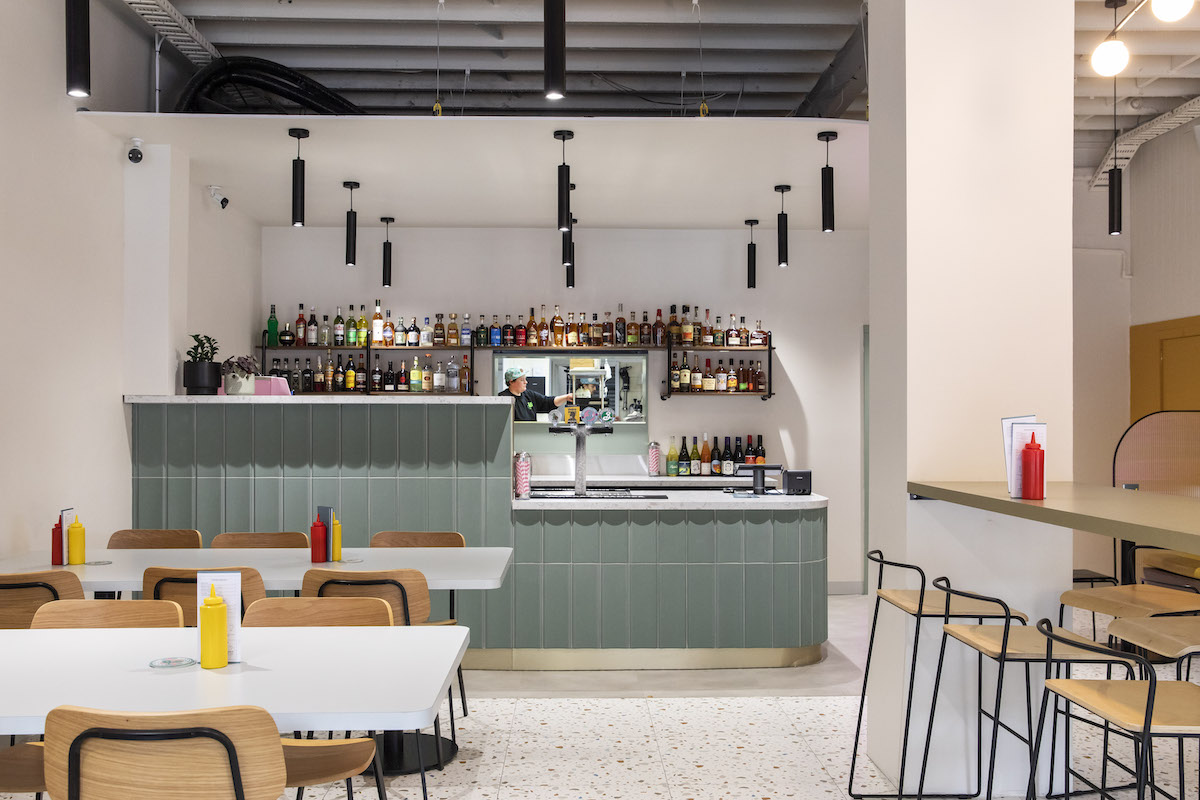
Customer expectations
Lyndal believes that a big part of creating a positive work environment involves educating customers. Much of the pressure felt in kitchens is often due to unrealistic customer expectations, which is projected onto staff and heightens stress in the team.
“We need to educate the consumers on the hospitality industry, as the culture in the kitchen comes from the feeling of external pressure. Maybe from the customer or having to meet a certain kind of expectation.” – Lyndal.
“I think COVID has definitely helped with this a little bit. There is a little bit less pressure from the customer. I think when they saw so many businesses failing and struggling through COVID, they actually saw that there was a human phase to these small businesses.” – Lyndal.
Managing stress in the workplace
There’s no denying that hospo kitchens can be stressful environments, but that doesn’t mean every second of working in the kitchen needs to be wrought with stress.
After experiencing so many unnecessary stressful kitchens, Laura was determined to manage her kitchen differently.
“Going back to [my experience of] the toxic environments, it was often put on the commis or put on the apprentice, and it’s like no, their job is to learn, and their job is to do X, Y, and Z.”
“I literally felt so pressured in that job… I got severe burns and did not feel comfortable enough to stop. And I had to keep going, and I ended up getting infected and going to the doctors later. And I’ve still got the scars.”
But those moments when you think about them are so ridiculous that I never want that for anyone else.” – Laura.
With this mindset, Laura and Lyndal are transparent with their staff about where the burden of stress should fall. As head chefs and owners, they openly take responsibility for things that might go wrong in the kitchen and don’t want minor worries to impact their team.
“If I’m running the line and the other staff members are feeling very stressed, we’ll stop for a second. And I’ll be like, at the end of the day, it falls on me if something goes wrong.” – Laura.
“So if I’m not stressed, and I’m trying to enjoy the line and telling you what to do, I do not need you to carry that stress for me. I do not need you to be the one stressed because that falls on me as the head chef at that moment.” – Laura.
Laura and Lyndal also like to put things into perspective to help manage stress levels in the kitchen.
“At the end of the day, we are just chefs… We can have those moments of reflection… is it actually worth the stress, or can we just be two minutes slower on this order? And I think that’s really important.” – Laura.
“You have that decision where you can pass on the good stuff, or you can pass on the bad stuff, or you can say, hey, that was really fucked up, I do not want to pass that on. And I don’t want to go through that again, either. So I think that’s the only way.” – Laura.
Listen to Raw Podcast
Listen to the full interview with Laura and Lyndal on pushing through the challenges to build an amazing workplace culture.

News you care about. Tips you can use.
Everything your business needs to grow, delivered straight to your inbox.
